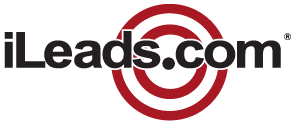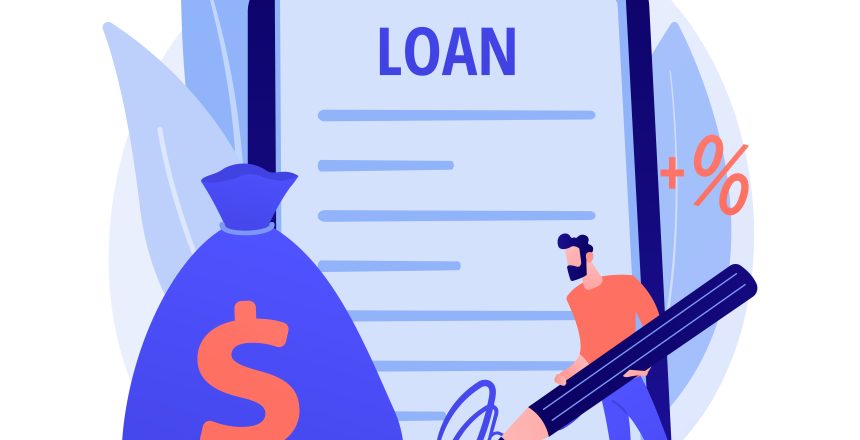Cash-Out Refinance vs Home Equity Loan:
You need some money and are considering taking a loan against the available equity of your home. Maybe you’re not aware of the different options available.
Let me list them for you. You could refinance and get some cash out of the transaction. Optionally, you could apply for a home equity loan or home equity line of credit (HELOC).
Here are the main points of difference between each of them:
1. Understanding Loan Terms: Refinance vs Equity Loan
Cash-out refinance: Your existing mortgage is paid off and a fresh mortgage loan comes into being. This might have different terms as compared to your original loan. This means the type of loan, the interest rate, and the loan tenure might be different. There will be a revised payment amortization schedule, which specifies the monthly installments that you’d have to make to repay the principal and interest amounts.
Home equity loan / line of credit: This is normally taken out along with your existing mortgage. So it doesn’t replace your mortgage; it’s a separate entity with its own terms and repayment schedule. It is treated as a second mortgage.
Now if you do not have a mortgage on your home, meaning you’ve paid for it completely, some lenders may allow you to use a HELOC in the first lien position. This means that the equity line is considered as your first mortgage.
2. How You Receive Funds: Lump Sum or Credit Line?
Cash-out refinance: With this, you get a one-time sum when your refinance is closed. This is first used for paying off the existing mortgage along with closing costs. You are then free to use the balance funds.
Home equity loan: It gives you a lump sum amount when your loan is closed.
Home equity line of credit: You get access to a credit line up to a certain limit from which you can draw when required. The period in which you can draw is normally 10 years. At the end of this, the repayment period of usually 15 years begins. During this period, you repay both principal and interest amounts and cannot draw any funds.
3. Interest Rates: Comparing Cash-Out Refinance, Loans, and HELOCs
Cash-out refinance: This typically has a lower rate of interest as compared to an equity loan. Cash–out refinances are available on either fixed rates or adjustable rates and you can decide the one that suits you.
Home equity loans: These have fixed rates and you stay protected against payment fluctuations throughout the loan term. Home equity loan rates are often higher than cash-out refinances and HELOC.
Home equity lines of credit: These generally offer lower rates than home equity loans and cash-out refinances. Interest rates are usually variable and change according to an index. Sometimes, lenders do offer fixed-rate loans. This enables you to change a part of the outstanding balance of a variable rate loan to one with a fixed rate.
4. Closing Costs: What to Expect from Each Loan Option
The Cash-out refinance: The closing costs are similar to your existing mortgage.
HELOC and Equity loans: There are usually small or nil closing costs.
So before borrowing against available home equity, it would be a good idea to discuss all the options with your lender. Depending on your financial requirements, personal circumstances, and information from your lender, you can decide on the most viable option.
Home Loan Advisor can analyze your property, current market conditions, local market comps, and other variables in our proprietary algorithm as well as match you with potential lenders! To assist you in the refinancing process, you can get a free home value report from Neighborhood IQ and find out what your home is really worth.


